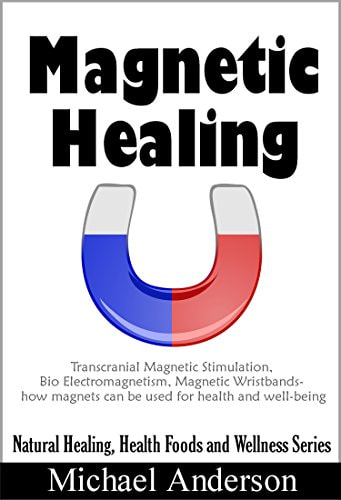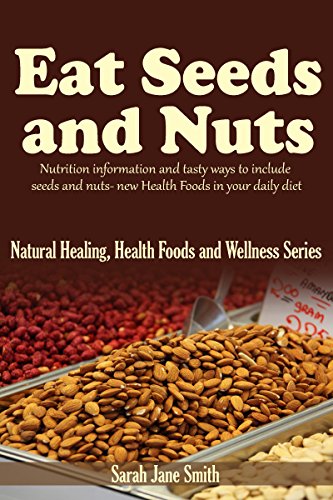| Carbohydrates are a major source of energy for the body, but they can be healthy or unhealthy depending on the type and amount you eat. There are two basic types of carbohydrates - simple and complex. The distinction lies in how quickly they are absorbed into the bloodstream, how many units of sugar they contain, and their chemical structure. | |
Most fruits and vegetables are a good source of carbohydrates. They're also a good source of dietary fiber. The fiber helps to maintain a healthy digestive tract.
While it is true that carbohydrate-rich foods should be eaten in moderation, they're also a great source of nutrients. They also protect your heart, and are considered a key part of a well-balanced diet.
If you want to make sure you get your daily carbohydrate intake, look for the "Nutrition Facts" panel on food labels. This panel contains the total carbohydrates you're eating, as well as the dietary fiber and sugar content.
Carbohydrates are essential for your body to function. You need them to burn fat and build proteins. They are found in a variety of foods, including fruits, grains, and vegetables. But which ones are the healthiest?
It is best to get most of your carbohydrates from fruits and vegetables. Most are low in calories, and they are loaded with essential nutrients.















